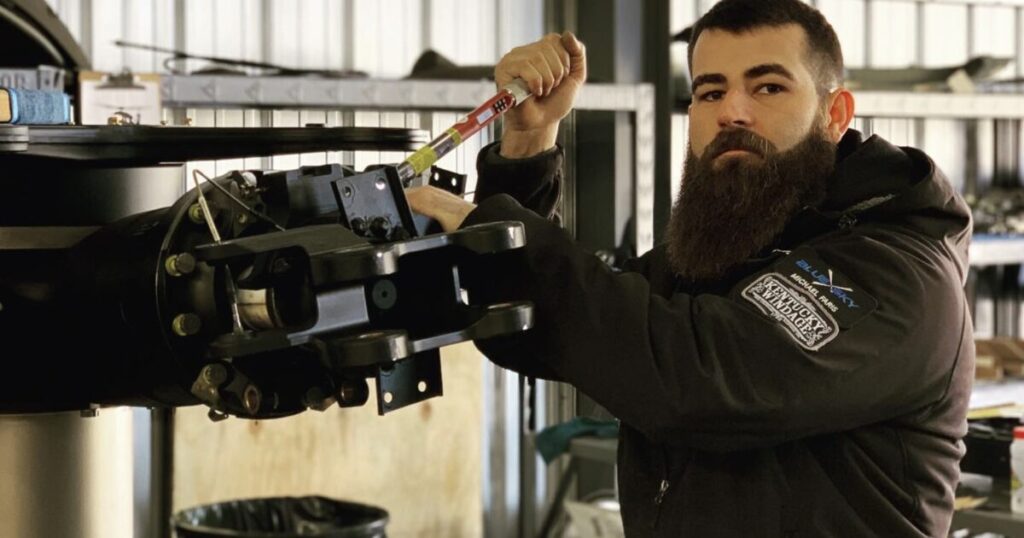Michael Faris, a helicopter maintenance supervisor and the owner of Prime Hawx, found himself at the center of a legal battle with the airlines and federal agencies over mask mandates during the COVID-19 pandemic. As someone who frequently traveled to support critical wildfire suppression efforts, Faris was unable to comply with the Centers for Disease Control and Prevention’s (CDC) mask mandate due to a documented anxiety disorder. His situation became more complicated when, after filing a lawsuit against the Transportation Security Administration (TSA), he was allegedly placed on their Terrorist Watch List, resulting in harassment during flights and raising concerns about retaliation against individuals exercising their First Amendment rights.
Faris’s attempt to check in for a flight home after a work assignment in California highlighted the difficulties he encountered due to his mask exemption request. Despite presenting a letter from his physician outlining his need for exemption, the TSA subjected him to extensive security screenings, including prolonged pat-downs and detailed inspections of his carry-on, which he experienced as humiliating and invasive. This episode illustrated the challenges individuals with disabilities faced during the pandemic, particularly when trying to navigate travel regulations that seemed to overshadow civil liberties.
In 2022, Faris filed a lawsuit against several major airlines—American, JetBlue, Southwest, Spirit, and United—as well as the CDC and the Department of Health and Human Services (HHS). He claimed these entities violated both state and federal laws, including the Rehabilitation Act and California’s Unruh Civil Rights Act, by denying his requests for mask exemptions and forcing him to wear a mask, which exacerbated his anxiety disorder. His experiences brought to light the broader issue of discrimination against individuals with disabilities, particularly in the context of public health mandates that were often enforced with little regard for those with legitimate health concerns.
Significantly, the courts initially dismissed several of Faris’s claims against the CDC and HHS, partly because, following a Florida ruling that struck down the mask mandate, the subject was deemed moot. Regardless, Faris continued to seek a permanent injunction to prevent the issuance of future mask mandates without explicit Congressional authorization. His claims for damages against the airlines, particularly regarding the retrospective harm he suffered, remained active even as other aspects of the case were dismissed. This legal dichotomy underscored the complexities involved in enforcing rights related to disability and discrimination amid rapidly changing public health guidelines.
Despite numerous dismissals and challenges, the court allowed certain claims under the Rehabilitation Act and California’s Unruh Civil Rights Act to proceed. The judge found that the allegations were not factually implausible or legally impossible, thereby reaffirming the relevance of these laws in protecting individuals with disabilities from discrimination by entities receiving federal assistance, such as the airlines. This ruling represented a tangible acknowledgment of the rights of individuals to challenge systemic discrimination while emphasizing the necessity for accountability among the airlines during a federal health crisis.
Reflecting on the protracted legal struggle, Faris expressed gratitude for the recent positive turn in his case and critiqued the previous lack of accountability faced by the airlines. His experience with the legal system highlighted the difficulties in finding representation for cases involving complex regulatory frameworks, particularly when standing up against large corporate entities. As he continues to advocate for the rights of individuals facing similar challenges, Faris remains optimistic about future progress, urging others to persist in their pursuits for freedom and justice in the face of overreach during the pandemic.

